Characteristics of Captains
What different coaches look for in a captain
(From Left-to-Right Co-Captains of the varsity Field Hockey Team Kate Peterson (’23), Erika Pfister (’23). Novalyne Petrikeis (’23)) are three examples of the qualities of a captain — kind, tendacious, and a deep love for the game.
During my freshman year field hockey season, I was quickly introduced to two blond girls — Piper Holthus (‘21) and Maggie Keefe (‘21) — who claimed to be my captains, yet, I had never met these girls. By the end of the season, I understood why they were elected as captians — they were wonderful players, and were kind, interesting, and good role models.
There are a variety of different structures when it comes to Bishop’s sports teams’ captains — some teams designate captains every year and others have no captains at all, often depending on team dynamics, chemistry, and necessary support. Some sports, like Field Hockey and Girls’ Lacrosse, have designated captains every year; others, like Girls’ Water Polo, choose their captains after pre-season; and, some, like Girls’ Basketball, don’t have a captain this year.
Varsity Field Hockey and Girls’ Lacrosse Coach Meghan Carr described a captain as someone who is “a go-getter, someone that loves the game, and one who has the confidence to use their voice on and off the field.” Erika Pfister (‘23), co-captain of the Field Hockey team and Captain of the Girls’ Lacrosse team, echoed this sentiment, saying a captain should be someone “the younger players look up to.”
According to Northeastern University’s Graduate School, all leaders should have five traits: they should be “self-aware and prioritize personal development, focus on developing others, encourage strategic thinking, innovation, and action, are ethical and civic-minded, and practice effective cross-cultural communication.”
Head Coach of the Boys’ Junior Varsity Basketball Team Coach Daniel Clark identified a leader as “selfless.” He explained,“They put the needs of the team and of their teammates above their own.” He expanded, “Part of being selfless is being willing to speak up if your teammate or your buddy is doing something that is hurting the team.” He continued, “If you know something that would help your teammate be better, but you are afraid to speak up about it, then you are being selfish, not selfless.”
Varsity Field Hockey Co-Captian Kate Peterson (‘23) described a captain as someone who is “competitive, has the fight to win, and mak[es] sure to always speak nicely to each other.” She added in with a laugh, “and of course, someone with a loud voice.”
Coach Clark explained that if the captain can put the team above all else then there will be a ripple effect — closer friendships, more wins, and a fulfilling season.
Coach Clark didn’t finish there. He explained that a leader is someone with “a strong work ethic,” as well as one able to “empathize and communicate well.” He concluded that a good leader “needs to be self-aware and focus on individual growth.”
Head Coach of Boys and Girls Water Polo Coach Doug Peabody explained that a captain is someone who “follows what we believe to be a code of honor amongst your team and coaching staff.” He continued saying that a “captain rises to their titles by doing the work day in and day out with self-sacrifice to the team’s and program’s goals.” Coach Peabody expanded saying that this year seniors Chiara Marmanillo and Julia Bonaguidi have these traits.
Coaches often consider many of the qualities listed above but have different methods for declaring a captain.
Coach Peabody explained that he used to pick a captain at the end of each season, but has since refined his method. He said that “waiting for your leaders or so-called captains to emerge takes longer and [is] developed throughout your pre-season and early season.” This gives him “a better idea of who should or will become your team leaders.”
Others, like Varsity Girls’ Basketball Head Coach Paris Johnson, don’t have a captain this year. She explained,“This year we have a brand new group. Lots of new faces who are still learning the sport and growing in their own light.” She continued, “Everyone on our team is encouraged to be a leader. I give them ample opportunities to lead in various ways. Each day that leader can change depending on the players.”
Sometimes these captains don’t live up to their responsibilities andoaches have to make decisions about how to address these problems.
Coach Carr starts by having a conversation with the athletes and reminding them what it means to be a captain and member of the team. Coach Clark has a similar approach. He said, “It’s usually fixed by having a conversation with them, listening to where they are at, and reminding them of their responsibilities.”
All in all, captains are supposed to be leaders to the highest degree, role models, and people who love what they do every day. As well, they should be people that have earned the trust of their teammates and coaches. While every team might have a different procedure for choosing a captain, the qualities are more or less similar and the attitude towards their teammates remains relatively the same.

This is Leila’s fourth year on the staff and her second as Editor-In-Chief. Leila loves The Tower as much as she loves field hockey, peach Snapple, the...


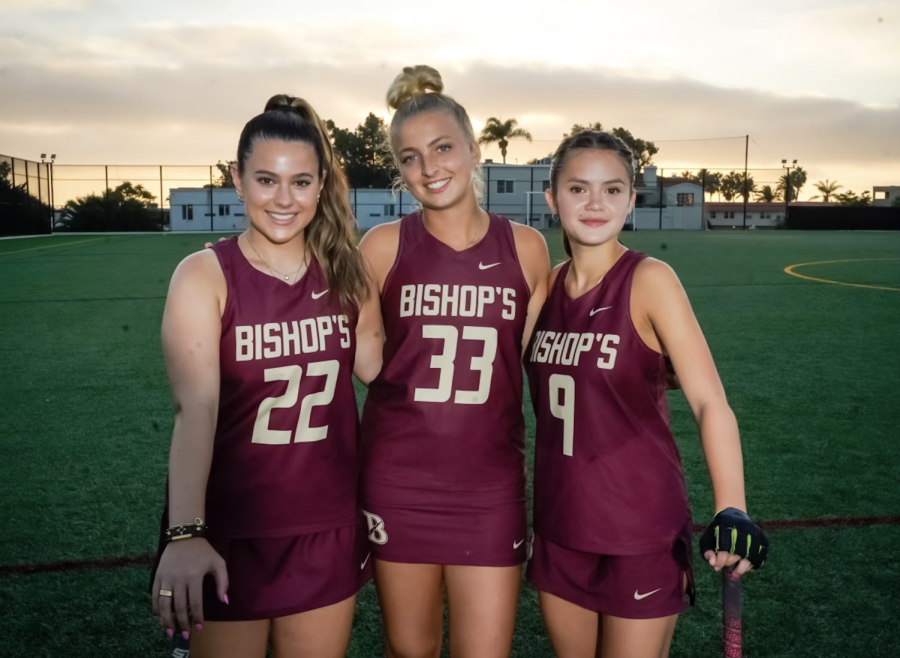
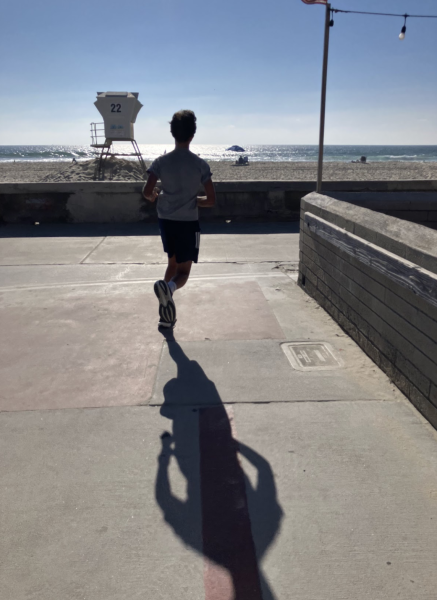
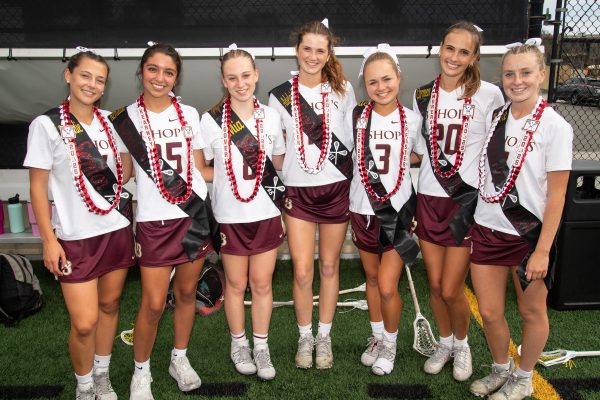
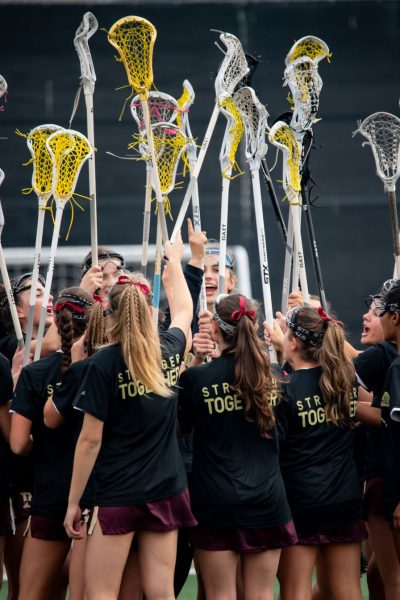
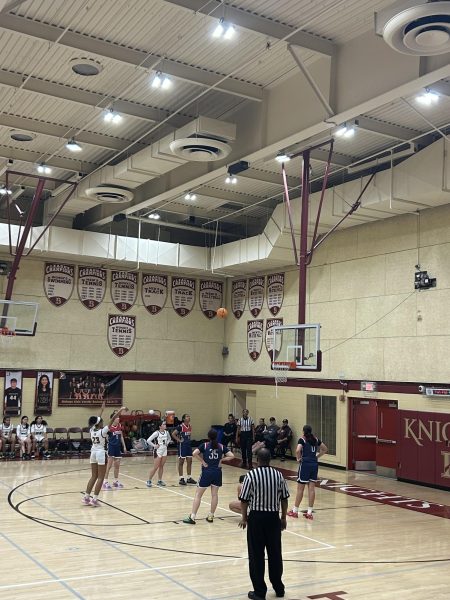
![“I [look forward to] the adrenaline of just competing with your friends and playing a sport that I’ve loved for so many years,” Sydney Mafong (‘26) said. “It’s just unmatched.” The Softball team celebrates a victorious moment in the game against San Diego High School on March 15th during the Torrey Invitational, which Coach Joe “Joey” Moreno called the “first real test of the season” in a Locker Room email and won 10-3.](https://thebishopstower.com/wp-content/uploads/2025/04/Screenshot-2025-03-17-at-21.49.22-600x508.png)